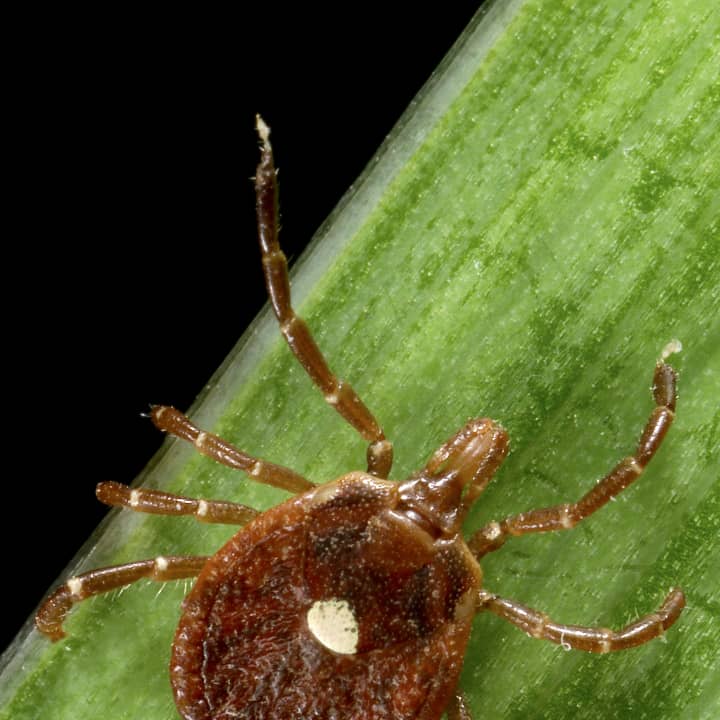Adult stage ticks are active as long as the temperatures are above freezing and the ground is not frozen or covered by snow, the GLA ssaid.
“Even though autumn is here, adult stage ticks remain active, bringing a continued, serious threat of Lyme and other tick-borne illnesses,” says Robert Kobre, chairman of GLA, the nation’s leading Lyme and tick-borne disease nonprofit devoted to research and education.
In addition to Lyme, Babesiosis is another tick-borne disease to be concerned about this fall. Babesiosis is an infection that invades and lives within red blood cells, and has already been reported in 27 states and is expanding throughout Connecticut.
“We’re seeing higher infection rates in ticks—almost 14 percent—and we’ll be seeing more human infections,” says Kirby C. Stafford III, chief scientist and state entomologist of the Connecticut Agricultural Experiment Station.
To prevent Lyme, babesiosis and other tick-borne infections, GLA recommends that when working or playing outside in areas that ticks inhabit (tall grass and weeds, leaf litter, woods), you should:
- Wear light-colored clothes so ticks can be spotted easily.
- Avoid sitting on the ground, fallen logs, piles of leaves, brush, or overgrown grass.
- Use tick repellents with with DEET, picaridin, or lemon eucalyptus oil, according to manufacturers’ directions on clothes, especially on the lower parts of trousers.
- Throw your clothes into a dryer for 15 minutes on high heat.
- Do a full-body check (especially thighs, groin, back of knees, around waistbands, underarms, neck and scalp) when you and family members return indoors.
- If you find a tick, use a fine-tipped tweezer to grab the tick “head” as close to the skin as possible and pull it out like a splinter. Don’t twist or jerk the tick because this can cause the tick’s mouth-parts to break off and remain in the skin.
For more information go to GlobalLymeAlliance.org or call 203- 969-1333.
Click here to follow Daily Voice New Canaan and receive free news updates.


